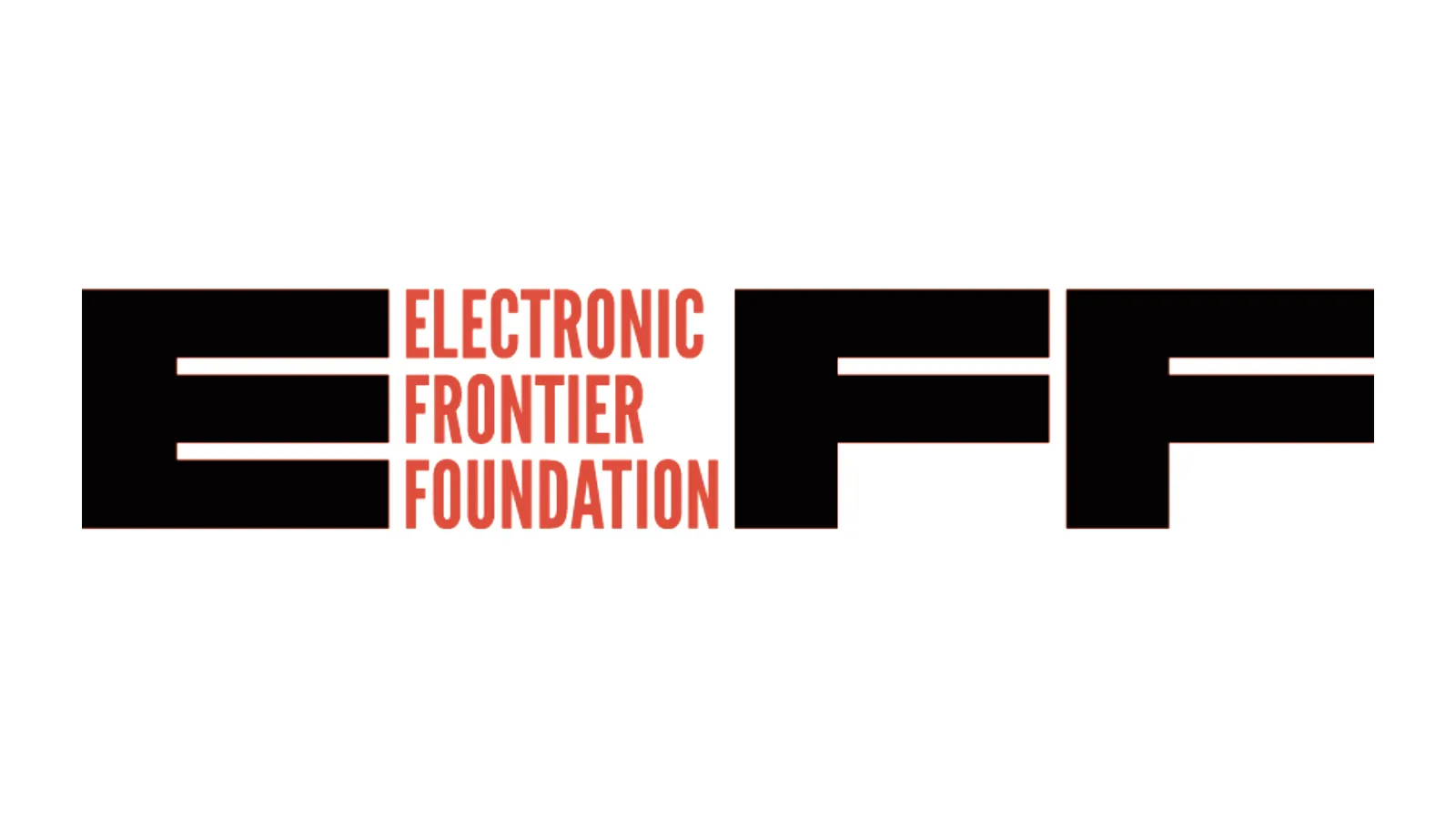The Electronic Frontier Foundation (EFF) has joined the chorus of crypto and privacy advocates pushing back against the U.S. Treasury Department's decision to issue sanctions that ban American citizens from using the Tornado Cash coin mixer.
The EFF, a venerated digital rights organization founded over three decades ago, tracks blockchain technology and regulatory efforts.
"EFF is deeply concerned that the U.S. Treasury Department has included an open source computer project, Tornado Cash, on its list of sanctioned individuals,” the organization tweeted. "Code has long been recognized as speech, so there are clear First Amendment implications whenever the government inhibits the publication of computer code on a public website," EFF wrote.
The Github open-source code repository, a private business, suspended the account of Tornado Cash developer Roman Semenov in apparent response to the sanctions. The Tornado Cash repository had freely published the code used to run the mixing service.
After the Treasury Department sanctioned Tornado Cash on August 8, crypto and privacy advocates took it as a call to action, stepping up efforts to organize a response. The EFF's comments come the same day Coin Center, a crypto non-profit, announced that it is preparing a legal challenge to the ban on Tornado Cash.
"We believe OFAC has exceeded its statutory authority by sanctioning the Tornado Cash smart contract," tweeted Coin Center's Neeraj K. Agrawal. "Coin Center is exploring a court challenge."
Coin Center's Jerry Brito and Peter Van Valkenburgh said the Treasury's Office of Foreign Assets Control (OFAC) overstepped by adding Tornado Cash smart contract addresses to its specially designated nationals (SDN) and blocked persons list.
"This action potentially violates constitutional rights to due process and free speech, and that OFAC has not adequately acted to mitigate the foreseeable impact its action would have on innocent Americans," they wrote.
Tornado Cash is a privacy tool that uses smart contracts and lets users obfuscate the source of their funds and where they're going. Users send cryptocurrency to the service, have that crypto mixed with others, and then send the equivalent amount of "mixed" coins to a recipient.
"Privacy gives you the ability to express yourself, to be creative, to spend your time and your money in whatever manner you like, without the scrutiny of others," wrote Chris Tomeo, head of growth marketing for Electric Coin Company, the organization behind the Zcash privacy coin. "[Privacy] protects our intimate moments, our most embarrassing ambitions, and our radical ideas and the ability to be our true selves."
Daily Debrief Newsletter
Start every day with the top news stories right now, plus original features, a podcast, videos and more.

